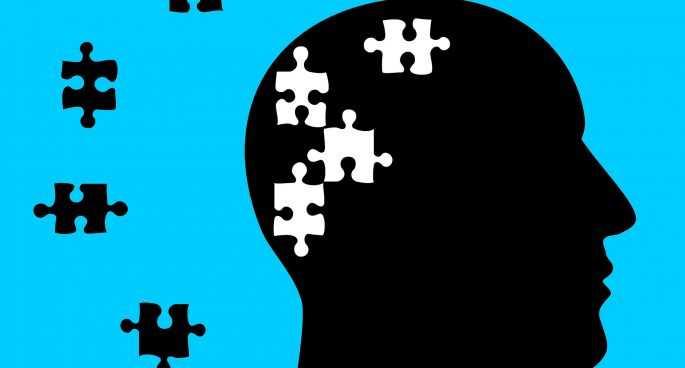The Empathy Gap: Why People Fail to Understand Different Perspectives - Effectiviology
Curated from: effectiviology.com
Ideas, facts & insights covering these topics:
5 ideas
·6.03K reads
79
Explore the World's Best Ideas
Join today and uncover 100+ curated journeys from 50+ topics. Unlock access to our mobile app with extensive features.
The empathy gap
The empathy gap is a cognitive bias that causes people to struggle to understand mental states that are different from their own.
When someone is happy or angry, they struggle to understand the perspective of someone who is in a different mental state, whether that person is their future self or someone else.
360
1.99K reads
Examples of empathy gaps
The empathy gap causes us to misjudge our own emotions and behaviors. Examples include overestimating our ability to stay composed in a stressful event, overestimating the likelihood that we can control our desire for an addictive substance, such as coffee, or underestimating how much our feelings for someone affected our judgment in the past.
The empathy gap can cause people to be unprepared for situations and act differently to what they would ideally prefer.
322
1.36K reads
Types of empathy gaps
- Cold-to-hot empathy gaps. When someone is in a cold (emotionally neutral) state, they have trouble understanding someone in a hot (emotional state). A calm person might be unable to predict how they will act when they're upset.
- Hot-to-cold empathy gaps. Someone in this state might be passionate about a topic but fail to understand how other people feel that are not passionate about it.
- Intrapersonal bias. An interpersonal empathy gap occurs when someone struggles to consider their own thoughts, emotions, and behaviors.
- Interpersonal bias. An interpersonal empathy gap occurs when people battle to consider someone else's thoughts, emotions, and behaviors.
- Retrospective bias. A retrospective empathy gap occurs when people fail to understand why they acted emotionally in the past.
- A prospective bias. A prospective empathy gap occurs when people fail to predict the future behavior of someone who doesn't care about the same thing as much.
- The outgroup empathy gap. This is a cognitive bias that causes people to be more empathic towards members of their ingroup than toward people in their outgroup.
375
928 reads
Why people experience empathy gaps
The way we process and make decisions depends on our current mental state.
When we are angry, we struggle to understand the perception of someone who doesn't care about the same thing because we are in a different mental state than they are. Empathy gaps toward people in one's outgroup can be because of a need to form boundaries around one's social group.
309
933 reads
Handling empathy gaps
- Visualize different mental states and perspectives. Visualize how you will feel and think when you are in a different mental state. This technique is also helpful to understand someone else's feelings and behavior.
- Explain the different perspectives. When you try to reduce someone else's empathy gap, it can be helpful to explain different perspectives to the one that someone is experiencing at that moment.
- Consider past actions. We often forget how we behaved in the past, despite being a strong indicator of how we're most likely to think, feel, or act. If you know from past action that you won't be able to resist the pasty in the breakroom at work, ensure to eat something healthy before you get there.
330
818 reads
IDEAS CURATED BY
Kevin Graham's ideas are part of this journey:
Learn more about personaldevelopment with this collection
Conducting effective interviews
Identifying the right candidates for the job
Creating a positive candidate experience
Related collections
Similar ideas
10 ideas
People Underestimate How Much They Will Change – Effectiviology
effectiviology.com
7 ideas
The Halo Effect: Why People Often Judge a Book by Its Cover
effectiviology.com
4 ideas
Read & Learn
20x Faster
without
deepstash
with
deepstash
with
deepstash
Personalized microlearning
—
100+ Learning Journeys
—
Access to 200,000+ ideas
—
Access to the mobile app
—
Unlimited idea saving
—
—
Unlimited history
—
—
Unlimited listening to ideas
—
—
Downloading & offline access
—
—
Supercharge your mind with one idea per day
Enter your email and spend 1 minute every day to learn something new.
I agree to receive email updates

